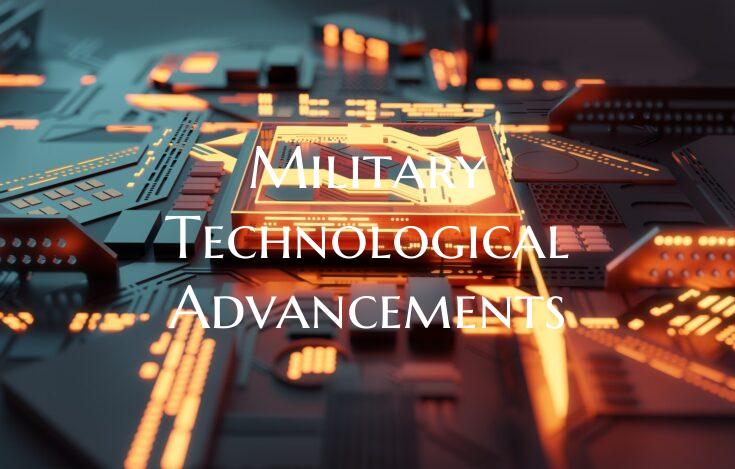Military Technological Advancements
Military Technological Advancements: Transforming Warfare
Military technological advancements have played a crucial role in shaping the nature of warfare throughout history. From ancient civilizations employing rudimentary weapons to today's modern armed forces utilizing cutting-edge technology, the evolution of military technology continues to have a profound impact on the way conflicts are fought and resolved.
One of the key benefits of military technological advancements is the improvement in efficiency and effectiveness on the battlefield. Advanced weaponry systems, such as drones, precision-guided munitions, and cyber capabilities, have significantly enhanced the military's ability to strike targets with accuracy and speed. This not only minimizes collateral damage but also reduces the risks to personnel, making operations safer and more precise.
Moreover, the integration of artificial intelligence (AI) and machine learning algorithms has revolutionized intelligence gathering and decision-making processes. AI-powered systems can sift through vast amounts of data to identify patterns, predict enemy movements, and optimize strategic planning in real-time. This provides military commanders with valuable insights and enables them to make informed decisions quickly, giving them a competitive edge on the battlefield.
With the rise of unmanned systems, military forces can now conduct reconnaissance, surveillance, and combat operations without putting human lives at risk. Unmanned aerial vehicles (UAVs) and unmanned ground vehicles (UGVs) are increasingly being used for various missions, including reconnaissance, target acquisition, and even combat operations. These unmanned systems offer flexibility, stealth, and persistence, enabling military forces to gather vital intelligence and strike targets with precision while minimizing exposure to danger.
Furthermore, technological advancements in communication systems and network-centric warfare have transformed the way military forces communicate, coordinate, and collaborate in complex operational environments. Integrated networks enable real-time information sharing, situational awareness, and synchronized actions across various units, creating a more coherent and responsive force.
As military technological advancements continue to progress, ethical considerations surrounding the use of autonomous weapons, cybersecurity vulnerabilities, and the implications of warfare in the digital age have come to the forefront. It is essential for policymakers, military leaders, and technologists to work together to ensure that these advancements are developed and used responsibly, in accordance with international laws and ethical standards.
In conclusion, military technological advancements have significantly enhanced the capabilities of modern armed forces, reshaping the nature of warfare and providing new opportunities for strategic advantage. Embracing innovation, adapting to emerging threats, and addressing ethical concerns will be key to harnessing the full potential of military technology while minimizing the risks associated with its use.

